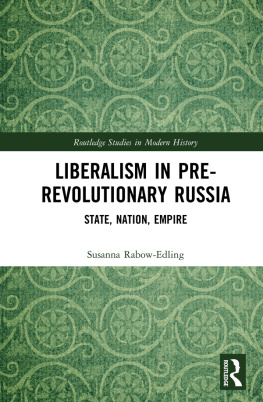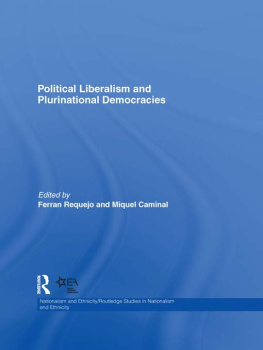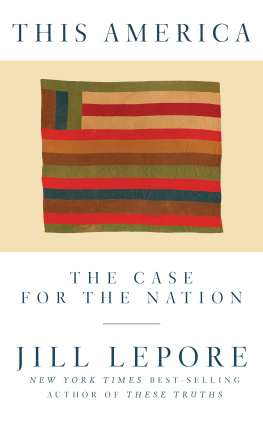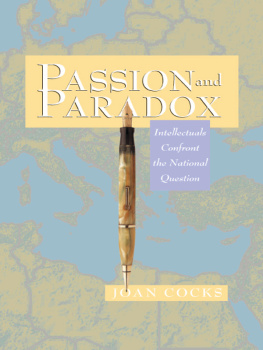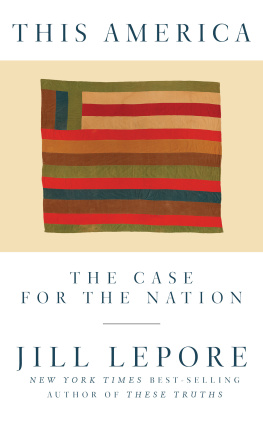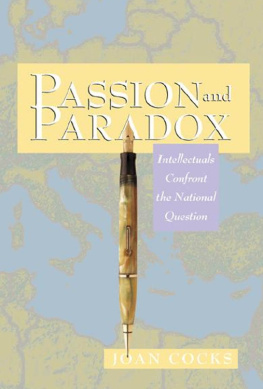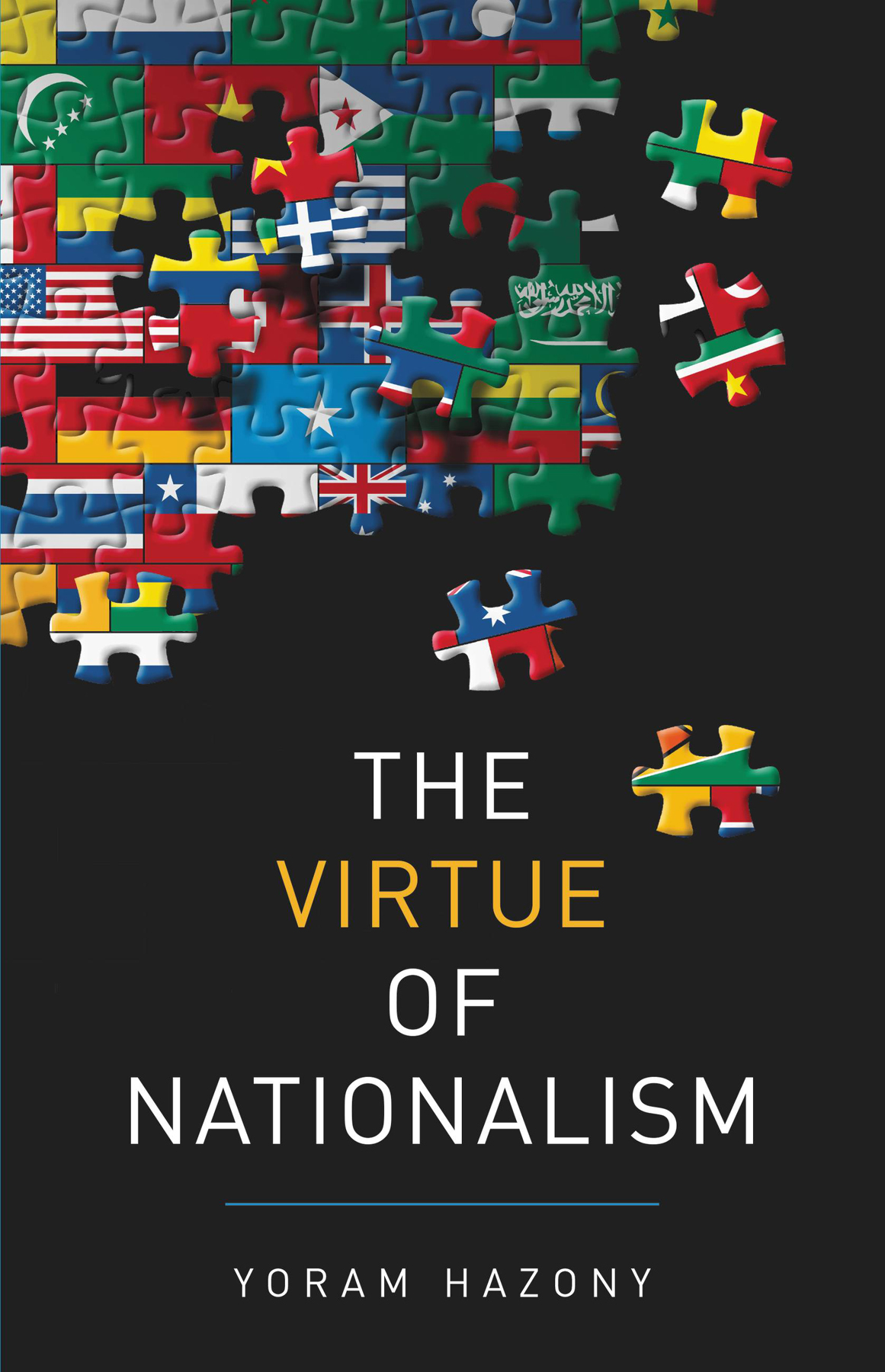P OLITICS IN B RITAIN AND A MERICA have taken a turn toward nationalism. This has been troubling to many, especially in educated circles, where global integration has long been viewed as a requirement of sound policy and moral decency. From this perspective, Britains vote to leave the European Union and the America first rhetoric coming out of Washington seem to herald a reversion to a more primitive stage in history, when war-mongering and racism were voiced openly and permitted to set the political agenda of nations. Fearing the worst, public figures, journalists, and academics have deplored the return of nationalism to American and British public life in the harshest terms.
But nationalism was not always understood to be the evil that current public discourse suggests. Until only a few decades ago, a nationalist politics was commonly associated with broad-mindedness and a generous spirit. Progressives regarded Woodrow Wilsons Fourteen Points and the Atlantic Charter of Franklin Roosevelt and Winston Churchill as beacons of hope for mankindand this precisely because they were considered
Surely, the many statesmen and intellectuals who embraced nationalism a few generations ago knew something about this subject, and were not simply trying to drag us back to a more primitive stage in our history, to war-mongering and racism. What, then, did they see in nationalism? There have been surprisingly few attempts, whether in the public sphere or in academia, to answer this question.
My own background allows me some insight into the subject. I have been a Jewish nationalist, a Zionist, all my life.illness that periodically takes over countries for no good reason and to no good end, as many in America and Britain seem to think these days. It is instead a familiar political theory on which they were raised, a theory of how the political world should be ordered.
What is this nationalist political theory about? The nationalism I grew up with is a principled standpoint that regards the world as governed best when nations are able to chart their own independent course, cultivating their own traditions and pursuing their own interests without interference. This is opposed to imperialism, which seeks to bring peace and prosperity to the world by uniting mankind, as much as possible, under a single political regime. I do not suppose that the case for nationalism is unequivocal. Considerations can be mustered in favor of each of these theories. But what cannot be done without obfuscation is to avoid choosing between the two positions: Either you support, in principle, the ideal of an international government or regime that imposes its will on subject nations when its officials regard this as necessary; or you believe that nations should be free to set their own course in the absence of such an international government or regime.
This debate between nationalism and imperialism became acutely relevant again with the fall of the Berlin Wall in 1989. At that time, the struggle against Communism ended, and the minds of Western leaders became preoccupied with two great imperialist projects: the European Union, which has progressively relieved member nations of many of the powers usually associated with political independence; and the project of establishing an American world order, in which nations that do not abide by international law will be coerced into doing so, principally by means of American military might. These
This flowering of imperialist political ideals and projects in the last generation should have sparked a rigorous debate between nationalists and imperialists over how the political world should be organized. But until very recently, a discussion of this kind was largely avoided. Since 1990, when Margaret Thatcher was deposed by her own party for expressing doubts about the European Union, virtually no one in a position of influence in either America or Europe has showed much interest in picking a fight with the broad vision at the heart of these twin empire-building projects.European Union and American world order to move forward without triggering an explosive public debate.
At the same time, political and intellectual spokesmen for these projects remained keenly aware that Europeans might not relish the prospect of a renewed German empire, even one that was nominally governed from Brussels. They were mindful, too, that Americans have often balked at the idea of an American empire. As a result, almost all public discussion of these efforts was conducted in a murky newspeak riddled with euphemisms such as new world order, ever-closer union, openness, globalization, global governance, pooled sovereignty, rules-based order, universal jurisdiction, international community, liberal internationalism, transnationalism, American leadership, American century, unipolar world, indispensable nation, hegemon, subsidiarity, play by the rules, the right side of history, the end of history, and so on. All of this endured for a generationuntil finally the meaning of these phrases began to become clear to a broad public, with the results that we see before us.


